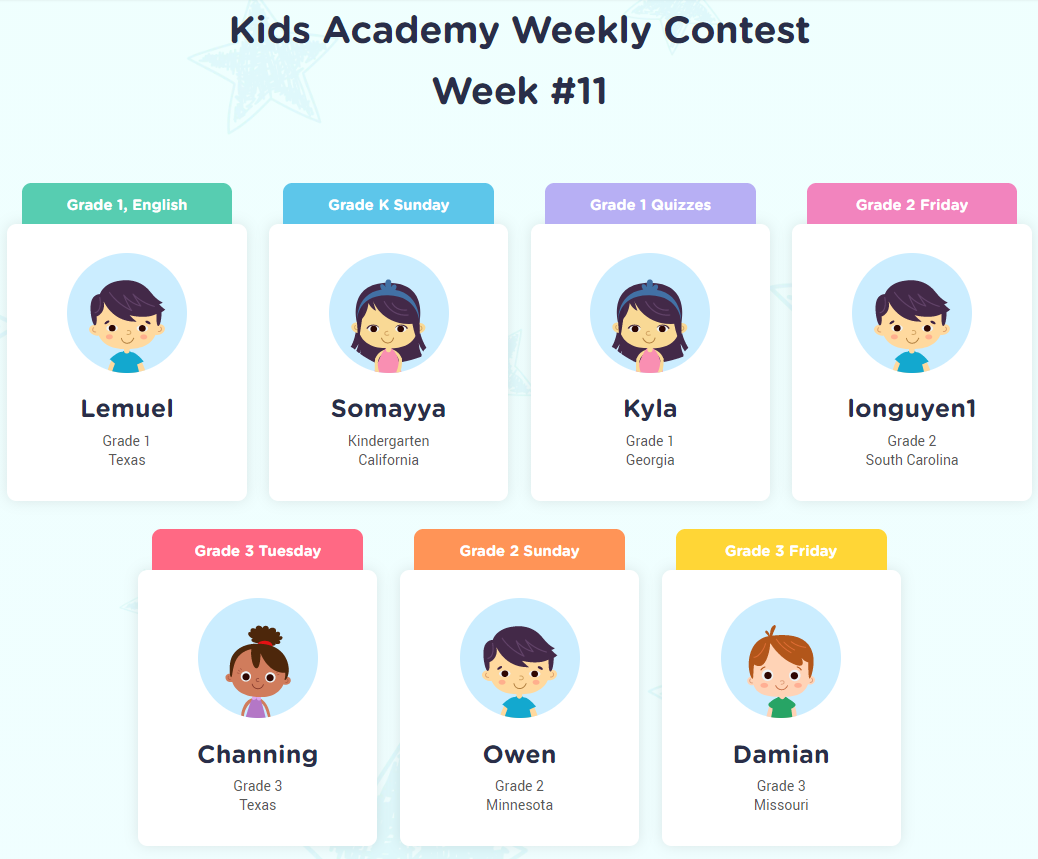Normal Alphabet worksheets activities for Ages 3-6
6 filtered results
-
From - To
Welcome to our engaging Normal Alphabet worksheets for ages 3-6, designed to spark curiosity and foster early literacy skills! Our activities promote letter recognition, phonemic awareness, and fine motor skills through fun and interactive exercises. Children can enjoy tracing, matching, and identifying letters while exploring different formats such as coloring pages and puzzles. Each worksheet is tailored to keep young learners motivated, allowing them to master the alphabet in a playful manner. Dive into our collection to support your child's educational journey and lay a strong foundation for future reading success. Start your adventure with the alphabet today!


Phonics and Word Recognition: Assessment 1 ELA Worksheet


Phonological Awareness: Assessment 1 Worksheet


Long and Short Vowel Sentences: Assessment Worksheet


Rhyming Words: Assessment Worksheet


Vowel and Consonant Sounds: Assessment Worksheet


Let's Check Long Vowels: Assessment Worksheet
Normal Alphabet activities for children aged 3-6 are crucial for early literacy development, as they lay a strong foundation for future reading and writing skills. During this vital stage, children's brains are highly receptive to learning, and engaging them in alphabet-related activities fosters letter recognition and phonemic awareness. These skills are essential for understanding the relationship between sounds and letters, which underpins successful reading.
Furthermore, Normal Alphabet activities often incorporate play-based learning, a method effectively engaging young learners. Through songs, games, and hands-on exploration, children are motivated and excited about learning, which enhances retention and comprehension. These activities also support fine motor skills, as children practice writing and manipulating letters with hands-on materials.
In addition, early exposure to the alphabet promotes cognitive development. It encourages children to develop language skills, vocabulary, and communication abilities, which are vital for social interactions. For parents and teachers, investing time in Normal Alphabet activities ensures that children build essential literacy skills in a fun, interactive way, paving the way for academic success and lifelong learning. Overall, these activities play a crucial role in shaping confident, capable readers who are prepared to navigate their educational journeys.

 Assign to My Students
Assign to My Students




.jpg)











